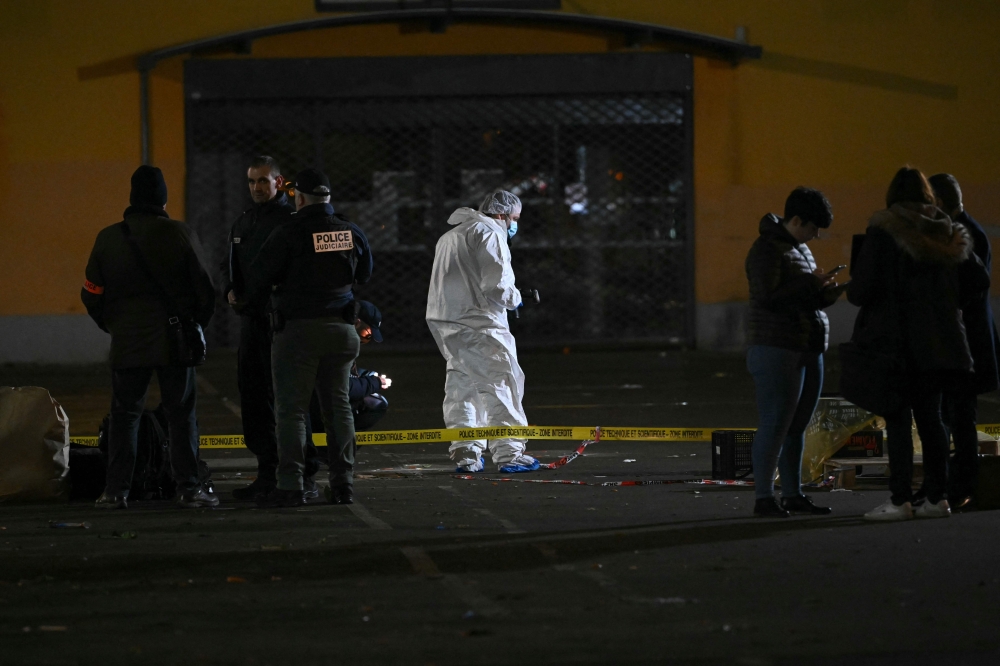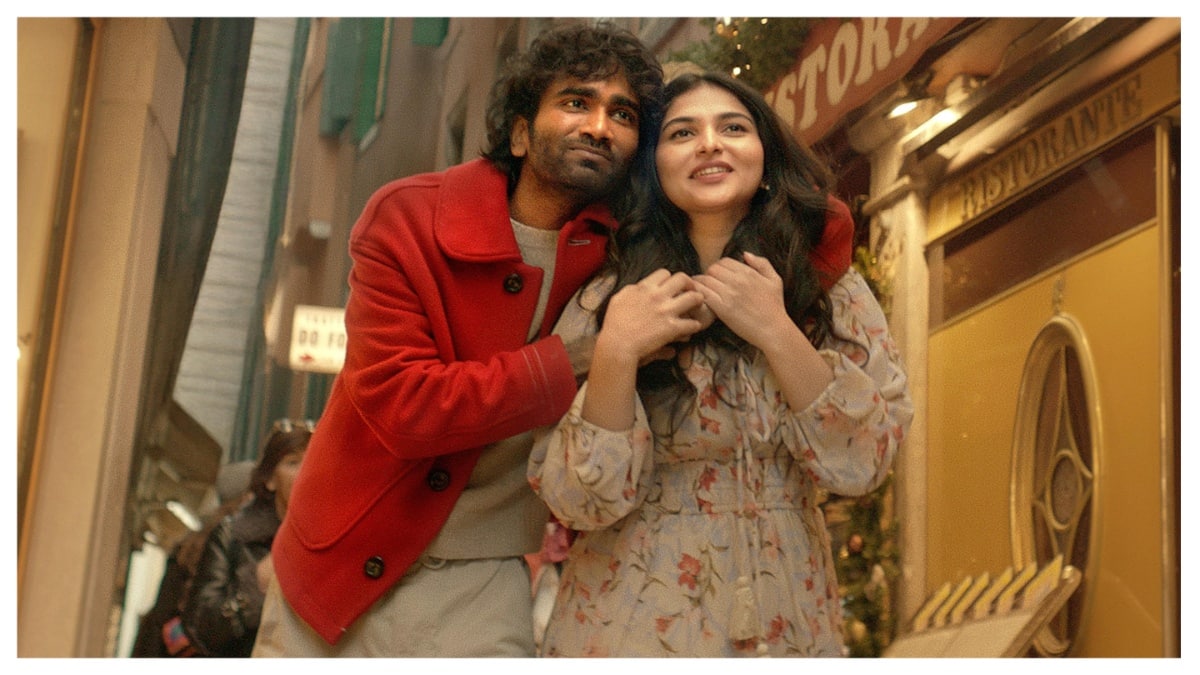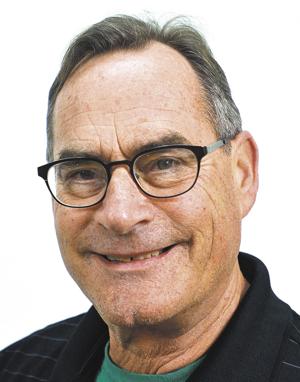
Thousands of protesters gathered in front of the Colorado state Capitol on Wednesday afternoon in the wake of immigration raids in Aurora and Denver Wednesday morning and amidst a slew of orders coming from President Donald Trump. The crowd shut down traffic coming northbound on Lincoln Street for a couple of minutes, before moving to the west steps of the Capitol building. As of 3:45 p.
m., both directions of Colfax Avenue were closed as far west as at least Interstate 25 near Empower Field at Mile High and Meow Wolf. It is unclear when roads will reopen.

Protesters held signs that read, “It’s time to heal the nation now!” “No human is illegal” and “MAGA: Mexicans Aren’t Going Anywhere.” The latter is a play on Trump’s campaign slogan, “Make American Great Again.” At least 50 Mexican flags were visible.
On Wednesday morning, agents with the Rocky Mountain Field Division of the U.S. Drug Enforcement Administration conducted a raid at Cedar Run Apartments in Denver, targeting “wanted drug traffickers.
” An unknown number of individuals were detained and arrested. Sasha, who did not give her last name, traveled from Colorado Springs to attend the protest. She said she felt awful when she heard about the raids.
"I'm actually a foster parent and the government sent out a notification to foster agencies saying they're expecting an influx of children impacted by ICE, so I've been spreading the word and trying to let other people know that they could open their homes to these kids that are impacted," she said. Sarah, a former teacher with Denver Public Schools, said she was grateful for DPS's policies prohibiting ICE activity on school property. Her husband is an immigrant from El Salvador, she said, and she has seen many of her former students from immigrant families grow up and become leaders in their communities.
"They've become such an integral part of society, taking them away just doesn't make sense," she said. Wednesday’s protest marked the second in two days. On Monday, nearly 100 people marched around the capitol, chanting “Sí, se puede” which translates loosely to “Yes, you can.
” “We are united today, more than ever,” Leticia Ramirez, an organizer with United for Immigration Reform, said Monday. Some of those in attendance Monday were in what’s called “mixed status” families, meaning not all of their family members are lawfully living in the United States. “I feel like it’s important to give a voice to the people who can’t because they’re afraid to,” Jessica Cabriales, of Denver, said.
The protests weren't limited to the Capitol area. Many protesters marched in shifts up Lincoln Street and into downtown as thousands maintained a rally outside the capitol. Many protestors marched down Colfax Avenue and back to the capitol where, minutes later, another shift of protesters marched back into downtown.
Some protesters disrupted traffic along Colfax Avenue and 17th Street. A number of cars sporting Mexican flags honked and drove around the busy downtown area Wednesday afternoon. “This is an absolute nightmare,” Peter Dybing said of Trump’s administration.
Dybing, a former natural disaster first responder, attended the rally with a sign reading: “when even old white guys are protesting, resist!” “Out of every 1,000 immigrants, one or two are criminal, he’s using that seed of truth to absolutely demonize an entire race of people to basically create a genocide. And I'm just, I'm not for it,” Dybing said. Many protesters carried the Mexico flag and protested in Spanish.
“My grandpa, he came here illegally to give his family a better future. I'm protesting for all the families,” said Brianna Ordaz. “We know what it is to have the fear of your dad not coming home, or your mom, your grandpa, you know, we're here to protest.
Protest for them.” Ordaz said it was important to advocate for others who can't speak up because they're afraid of they won't make it home to their families. “I don't think we're just fighting for the immigration rights, we're also fighting for women's rights too, because I think that obviously everything should be equal, and that's not how it's going to be, and that's just kind of what we're here to do” said Seiah Hayden, a student who traveled down to protest from the University of Northern Colorado.
Carl Walder, who traveled from Boulder, said it was important to stand up to the Trump administration, which he said is forming a “coup” against democracy. “It’s crazy how he said we need to take over Canada. Now we need to take over Greenland," Walder said.
"And today, he says, 'Oh, by the way, we're going to go and make Gaza a US territory.' This is fascism at its core.” Local resident Irma Persoff pointed to abortion as her biggest issue, arguing Trump is “dividing citizens of America who do feel strongly against abortion by saying that Democrats are killing survivors of abortion.
There's no such thing as a survivor of abortion.” Jordan Whitney, a military veteran, said he saw Trump's executive orders "as a way to protect people's rights and lives." “I may have dwindled a bit in my faith in politics,” Whitney said.
“But I believe that democracy needs to be brought back a little bit. So stop allowing things to be silenced.” Whitney added that Colorado's legislators should fight back.
"I'm standing here on the street because I want Hispanic and immigrant people to know that at least one person thinks that they're safe," Whitney said. "It makes people feel safe and hopeful.” Typically, immigration is a border issue, but two years ago an influx of immigrants began spilling into interior states, like Colorado.
In the two years since a busload of immigrants were dropped off in downtown Denver, the Mile High City has welcomed nearly 43,000 immigrants at a cost to local taxpayers of about $80 million. Plane, bus and train tickets purchased for immigrants to travel to their final destination suggest that about half have stayed, Denver officials have said. Denver Gazette videographer Tom Hellauer, reporters Nico Brambilla, Noah Festenstein and Colorado Politics reporter Marissa Ventrelli contributed to this story.
Editor's not e: This is a developing story..















